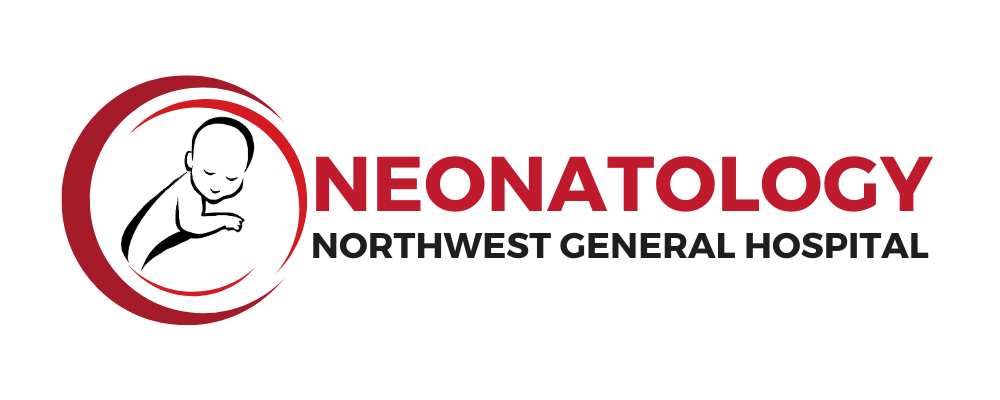The S.T.A.B.L.E course
Empowering New Life: Nurturing Stability Through Comprehensive Care. The S.T.A.B.L.E programme
Overview
STABLE – Post-Resuscitation Stabilization of Newborns
Learning Outcome: The STABLE program aims to train healthcare providers in the essential aspects of post-resuscitation care for newborns. Participants will develop the skills and knowledge required to ensure the stable transition of newborns from the critical resuscitation phase to a phase of ongoing care, focusing on key areas such as blood sugar regulation, temperature management, blood pressure maintenance, lab work interpretation, and emotional support for both the newborn and their family.
- Sugar (Glucose) Regulation:
- Learning to monitor and maintain newborn blood glucose levels.
- Understanding the importance of glucose for brain development and energy.
- Identifying signs of hypoglycemia and appropriate interventions.
- Temperature Management:
- Recognizing the significance of maintaining a stable body temperature for newborns.
- Techniques for assessing and regulating newborn temperature.
- Preventing hypothermia and hyperthermia.
- Blood Pressure Maintenance:
- Understanding the significance of blood pressure in newborns’ overall health.
- Techniques for measuring blood pressure accurately in neonates.
- Addressing hypotension and hypertension in the post-resuscitation phase.
- Lab Work Interpretation:
- Interpreting common lab tests relevant to post-resuscitation care.
- Recognizing indicators of potential complications or imbalances.
- Collaborating with the healthcare team to make informed clinical decisions.
- Emotional Support:
- Providing emotional support to the newborn’s family during the post-resuscitation phase.
- Communicating effectively with parents about the newborn’s condition and care plan.
- Addressing parental concerns and promoting a supportive environment.
By completing the STABLE program, participants will be equipped to provide comprehensive and holistic care for newborns who have undergone resuscitation. They will have the knowledge and skills to address critical aspects such as glucose regulation, temperature management, blood pressure maintenance, lab work interpretation, and emotional support, ensuring the best possible outcomes for both the newborn and their family.
CERTIFICATION
At the end of the course you will provided a certificate of completion as a S.T.A.B.L.E. provider.
The Passing score for Certification is 60% for All Doctors and For Nursing staff is 50%.
Curriculum
Curriculum
- 6 Sections
- 15 Lessons
- 4 Weeks
- Sugar module5
- Temperature Module2
- Stable Airway Module6
- Blood Pressure Module3
- Stable Lab Module2
- Emotional Support2
Instructor
Requirements
- recommended for PGs, Neonatl Staff Nurses


